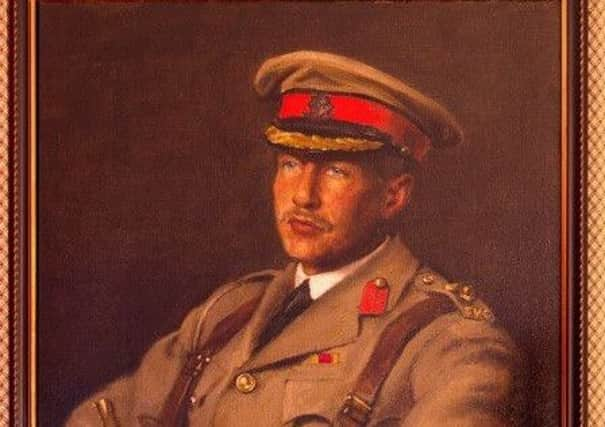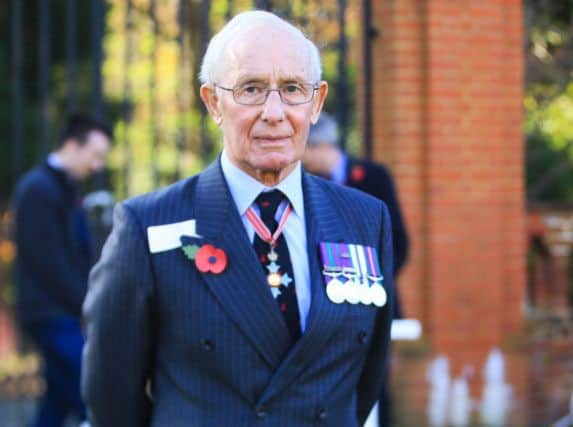The story of Brigadier Robert Bray


He had been in France since 1915, commanding the 2nd Battalion of the Duke of Wellington’s Regiment for nearly two years before being promoted. But his start with the Dukes had an unusual twist to it.
In 1911 he was posted to China as Commandant of the Shanghai Volunteer Corps; a body set up by the trading nations, Germany amongst them, for their defence in what was a very lawless country.
Advertisement
Hide AdAdvertisement
Hide AdWhen World War 1 started, he was posted back to command the 2nd Battalion of the Dukes in France. He was paid a three month bonus by the Shanghai Volunteers which caused the War Office in London to say that they would not pay him until that three month period was completed. Thus, for over two months a substantial part of his salary was paid by the Germans, who he was fighting.


When the Armistice came, 100 years ago, the signal received at Brigadier Bray’s Brigade Headquarters at 9.15am on November 11, 1918, read: “ostilities will cease at 1100 today Nov 11th. Troops will stand fast on positions reached at hour named. Outposts will be established by troops in front line. All military precautions will be preserved and no communications with the enemy allowed.”
That afternoon he wrote to his wife to say that after three and a half years at the front, he “felt very flat”, a common feeling amongst the men.
He also wrote a short letter on a French Army letter form, to his son, also Robert, destined to become General Sir Robert Bray, Colonel of the Dukes, but then a ten year old at boarding school.
Advertisement
Hide AdAdvertisement
Hide AdThe letter read: “Today fighting has stopped. An Armistice has been signed & I think Germany will fight no more. You should keep this card as a souvenir. With love, from Daddy. Nov 11th 1918”.
What neither father nor son knew was that the former would die from his gas wounds within three years.
When I lay a wreath at Wellington College on November 11th, I will be thinking of the grandfather I never knew, as will thousands of others throughout the West Riding.